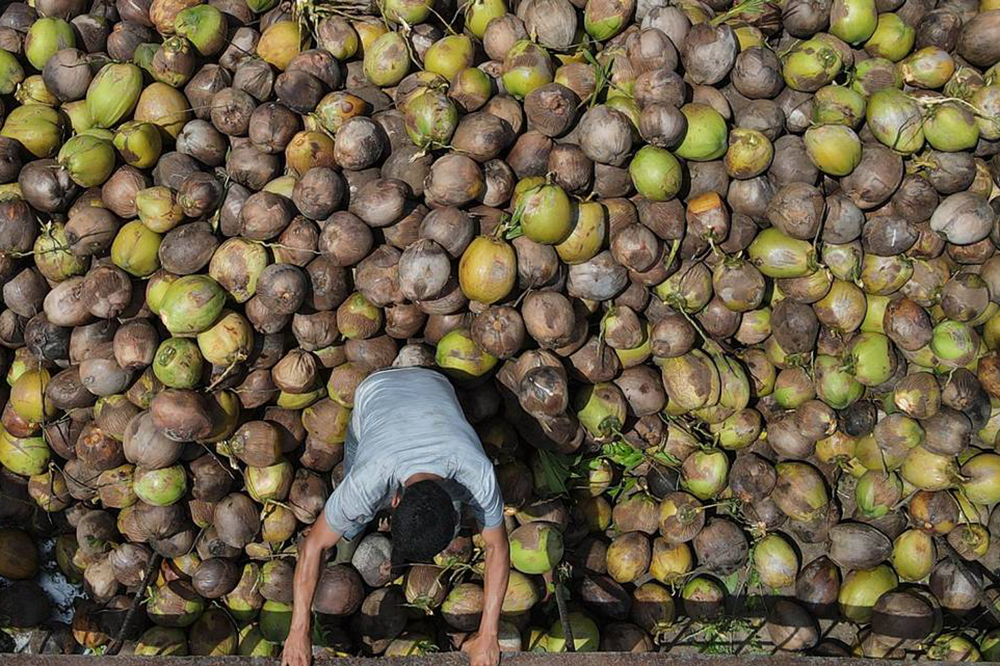
As reported in Successful Farming and the Financial Times last week, the farming community is the latest group at the center of a data breach. Farmers’ personal and business information was apparently shared in secretive and potentially damaging ways. The basic story is that a subsidiary of a major multi-national corporation (in this case, Bayer) was suspected of sharing sensitive contact and business information with another firm, who in turn used that information to gain a commercial advantage—all without the farmers’ knowledge. While Bayer denied that it had shared any information, such breaches in trust by investor-owned firms have increasingly become routine. I do, however, find a couple of things about this one particularly interesting.
First, just how ubiquitous digital data collection and analysis have become in a few short years. Like other sectors, farmers now capture an enormous quantity of data about their businesses—in the case of agriculture, that most often means binloads of data about their inputs, soil types and yields. Farmers then hand off that data to third-party firms to crunch the data and provide the farmers insight into production or marketing decisions. While farmers have come to highly value this information, many are understandably wary about where their personal and business information may end up.
Second, I find it interesting how it was nearly impossible for farmers to determine whether they had signed away the right to protect their own information. As Todd Janzen notes in Successful Farming, the ambiguous nature of the boilerplate privacy agreement introduced more confusion than clarity. It reasonably had farmers suspecting that Bayer had shared the information—even though Bayer had made public statements over the years that they would never share information without the farmers’ consent. At the end of his column, what concerns Janzen most is that farmers may have less trust in sharing their data, which I assume he believes is an essential modern-day tactic to creating value in the farming sector. To best access this value, farmers need to be able to trust those with whom they share their information. Yet it appears that at least some farmers are becoming more suspect of the businesses with whom they share their data, even though they realize that it is important to gain insight into some critical business decisions.
Here’s the most interesting point: As much as any sector, farmers have the answer right in front of them—cooperatives. Since the turn of the 19th century, farmers have come together to market their products and gain scale in accessing inputs and services. They know that cooperatives work. Already, farmers are using their existing farmer-owned cooperatives to harness more value from their data, including at well-known cooperatives such as Land O’Lakes and CHS. Farmers have also established relatively new cooperatives such as Grower’s Information Services Co-op, which launched in 2015.
And farmers are not alone in turning to co-ops. I serve on the advisory committing for the Institute for the Cooperative Digital Economy at The New School. The institute focuses on raising the profile and spurring the development of platform cooperatives. In their words: “Running a platform cooperative means that the members of the co-ops own the platform, which gives them sovereignty over the code [and thus, their data]. Members therefore have more control over the privacy of the users and transparency over what happens to data on that platform.”
These efforts parallel the many new ways various well-established sectors are harnessing the power of co-op data analysis. Just one example is the National Information Solutions Cooperative, which provides a multiplicity of services, including custom data analysis, to its many electric cooperative and telecommunications industry members.
Last week I guest lectured at The New School and made the point that the co-op business model has been used in the past to solve big problems: farmers working together to survive in industrialized and concentrated markets, rural people forming co-ops to access affordable and reliable electricity, and consumers forming credit unions to ensure more people get treated fairly in the consumer financial market.
Just as in the past, we now face a big problem. People need to share their data, but do not trust that investor-owned businesses will consistently use that data responsibly and equitably. Co-ops are the solution because people trust co-ops. And for good reason: because people—in this case, the members of the co-op—are at the center of every business decision made by the co-op.
As data collection and analysis become increasingly important tools for ensuring business success, cooperatives are the best business model to ensure that the people who use a business are best positioned to benefit from the new value created.
—Doug O’Brien is president and CEO of NCBA CLUSA, where he works with the cooperative community to deepen its impact on the economy. Greg Irving is a research assistant at NCBA CLUSA.


